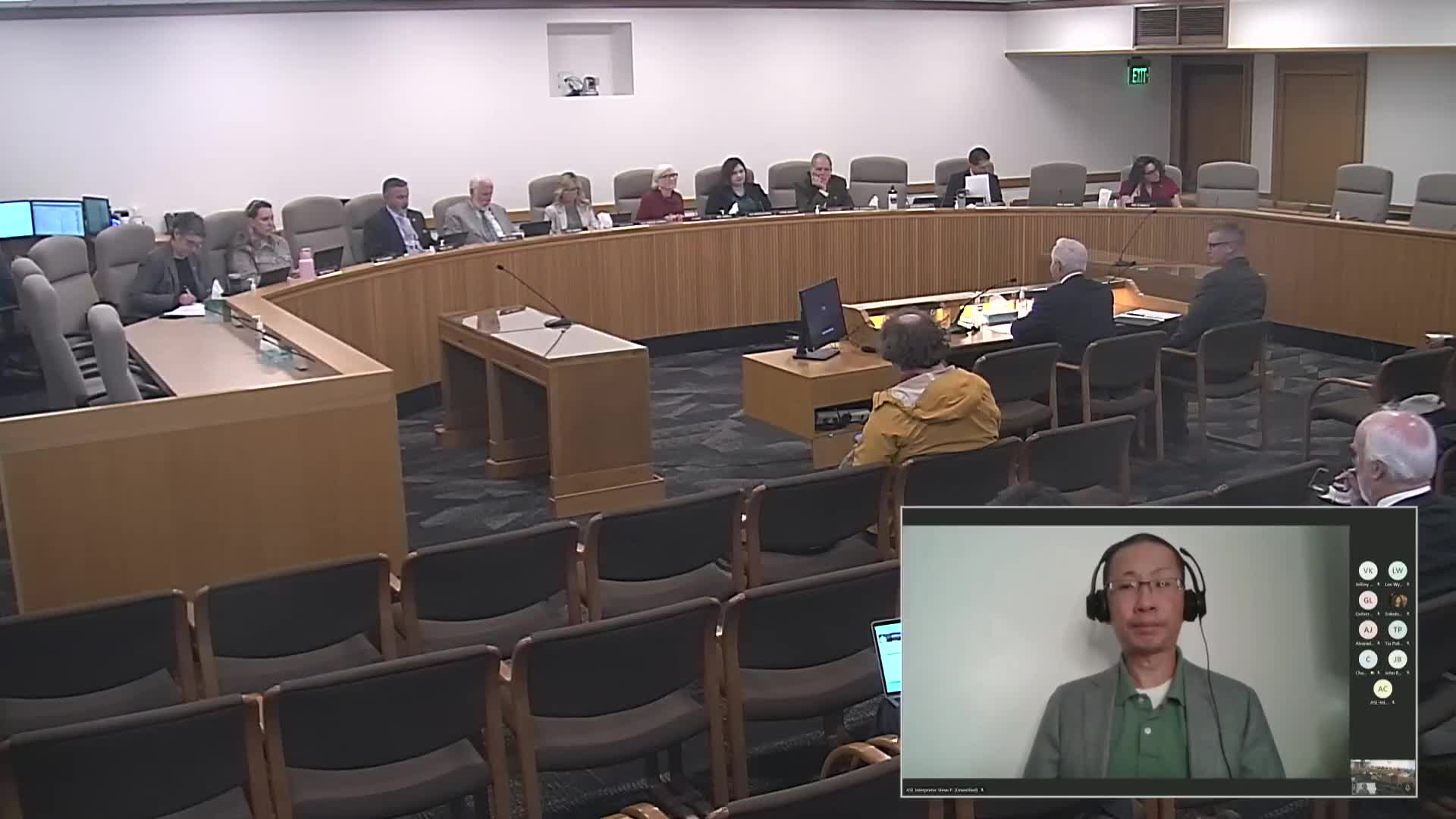Good Neighbor Act proposal prompts split testimony over tenant protections and eviction ease
Get AI-powered insights, summaries, and transcripts
Subscribe
Summary
House Bill 2,305, presented Feb. 17 as the "Good Neighbor Act," would let landlords give 30‑day termination notices after repeated material lease violations; supporters said it removes chronic disruptive tenants, while civil‑rights and tenant advocates warned it risks disproportionate harm to vulnerable renters.
Representative Kevin Mannix and co‑sponsors presented House Bill 2,305 (dubbed by sponsors as the “Good Neighbor Act”) to the House Committee on Housing and Homelessness on Feb. 17. The bill would allow landlords to terminate a tenancy with at least 30 days’ written notice if a tenant has repeatedly violated a lease or failed to pay rent on time, with proponents describing it as a tool to remove chronic disruptive tenants.
Mannix said the measure aims to help neighbors live without ongoing disruption: "This bill is designed to empower landlords to deal with really bad tenants," he said, describing situations such as repeated late‑night parties, property damage or alleged stalking. Supporters including Jason Miller (Oregon Rental Housing Association) said chronic rule‑breakers impose significant costs on neighbors, property managers and owners, and that the bill would allow a faster remedy where repeated warnings have failed.
Opponents raised equity and civil‑rights concerns. Steven Crawford of the Fair Housing Council of Oregon testified in opposition, citing research that serial eviction notices are more commonly issued to Black, Latino and female‑headed households and warning that disabled tenants and households experiencing financial instability would be disproportionately affected. April Aster of Portland State University Student Legal Services and other legal advocates said the bill’s removal of cure rights and a three‑strike framework could result in avoidable homelessness and worsen long‑term housing barriers.
Advocates for tenants described real harms of eviction: Adrianna Grant (Eugene Tenant Alliance) said eviction can follow a person for years and make rehousing difficult; April Aster recounted a student whose cosigner died and who avoided eviction only because of existing cure rights.
Supporters argued the bill would not remove process: Miller said tenants typically receive multiple notices and opportunities to cure and that this bill would apply to tenants who repeatedly violate a lease despite warnings. Opponents urged the committee to consider the bill's disparate impacts and to refine or reject the measure to avoid removing tenants’ ability to cure or otherwise address underlying causes of behavior.
The committee continued the public hearing on HB 2,305 to a subsequent meeting (scheduled for Feb. 19) in order to receive additional testimony and written comments; no vote was taken on Feb. 17.
